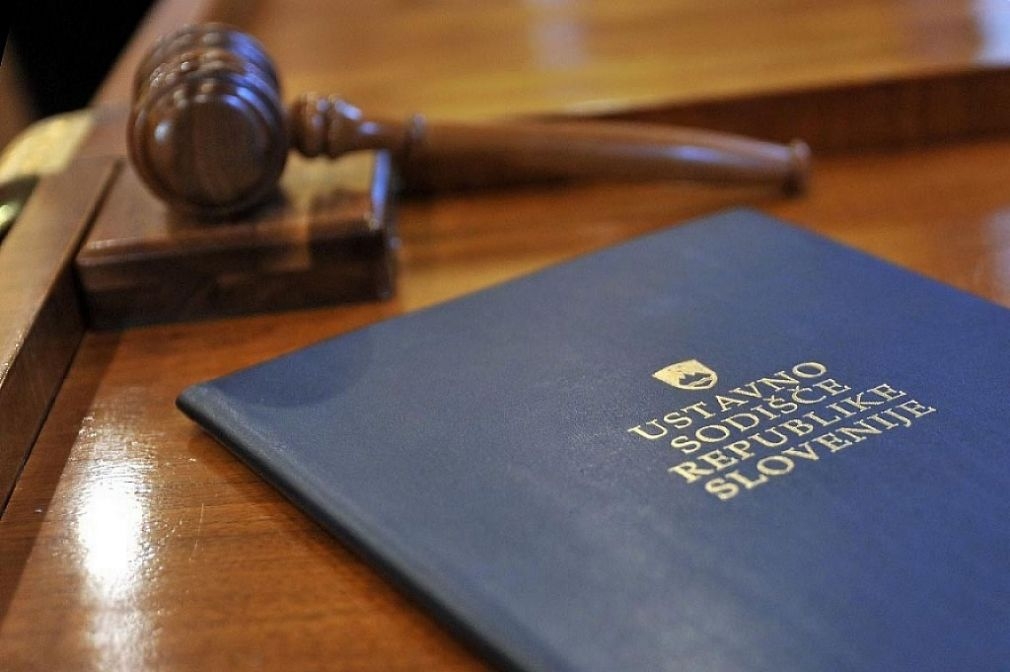The Constitutional Court has ruled that the temporary cross-municipality movement ban, which was adopted during the first wave of the COVID-19 epidemic, was not unconstitutional. According to the Constitutional Court, the contested decision, which imposed interference with the right to freedom of movement by prohibiting movement outside the municipality of residence, pursued a constitutionally permissible goal and was not excessive.
According to the Constitutional Court, interference with freedom of movement, with the aim of preventing the spread of infectious diseases, is constitutionally permissible if the authorities show a reasonable probability that such an intervention could significantly contribute to preventing the spread of infectious disease at the time of the implementation of the measure already.
The Court believes that there was a reasonable likelihood that, according to the data at the time, a ban on movement outside the municipality of residence could contribute to reducing or slowing down the spread of COVID-19 – mainly by reducing actual contact between people living in areas with a higher number of infections, and people in areas with a lower number of infections, or even without infections.
The Constitutional Court pointed out that these circumstances were something we witnessed for the first time, which meant that there was no comparatively proven good practice, which obviously required state authorities’ active operation.
This was an unknown disease that could have broken the healthcare system
The competent state authorities had to react quickly, despite the fact that, at the time, the medical professionals did not have comprehensive knowledge on preventing the spread of the COVID-19 disease yet. However, the data and experience from other countries that were also facing the COVID-19 epidemic have shown that it is a highly contagious disease that can endanger the health and lives of large numbers of people, and they also showed us the importance of slowing the spread of the disease among the population. It was important for the spreading to slow down so that doctors and other medical staff were even able to adequately prepare to face the treatment of a hitherto unknown disease.
According to the Constitutional Court, given the epidemiological picture at the time, the government could not have foreseen that the measures already in place could have prevented the spread of the infection to such an extent that all patients could have been provided with adequate medical care. If at the same time, the possibility of actual contact between people was not decisively and intensively prevented, even with the contested cross-municipality movement ban, the novel coronavirus could have continued to spread rapidly. Therefore, under these conditions, further measures of the government, which could prevent the spread of the infection and thus the breakdown of the health care system, were necessary, the Constitutional Court estimated.
If the healthcare system was to actually break, not only would the health and lives of the patients be endangered, but also their dignity, as the medical staff would have had to deny them quality medical care, contrary to the medical ethics, due to insufficient capacity in staff, equipment and care.

